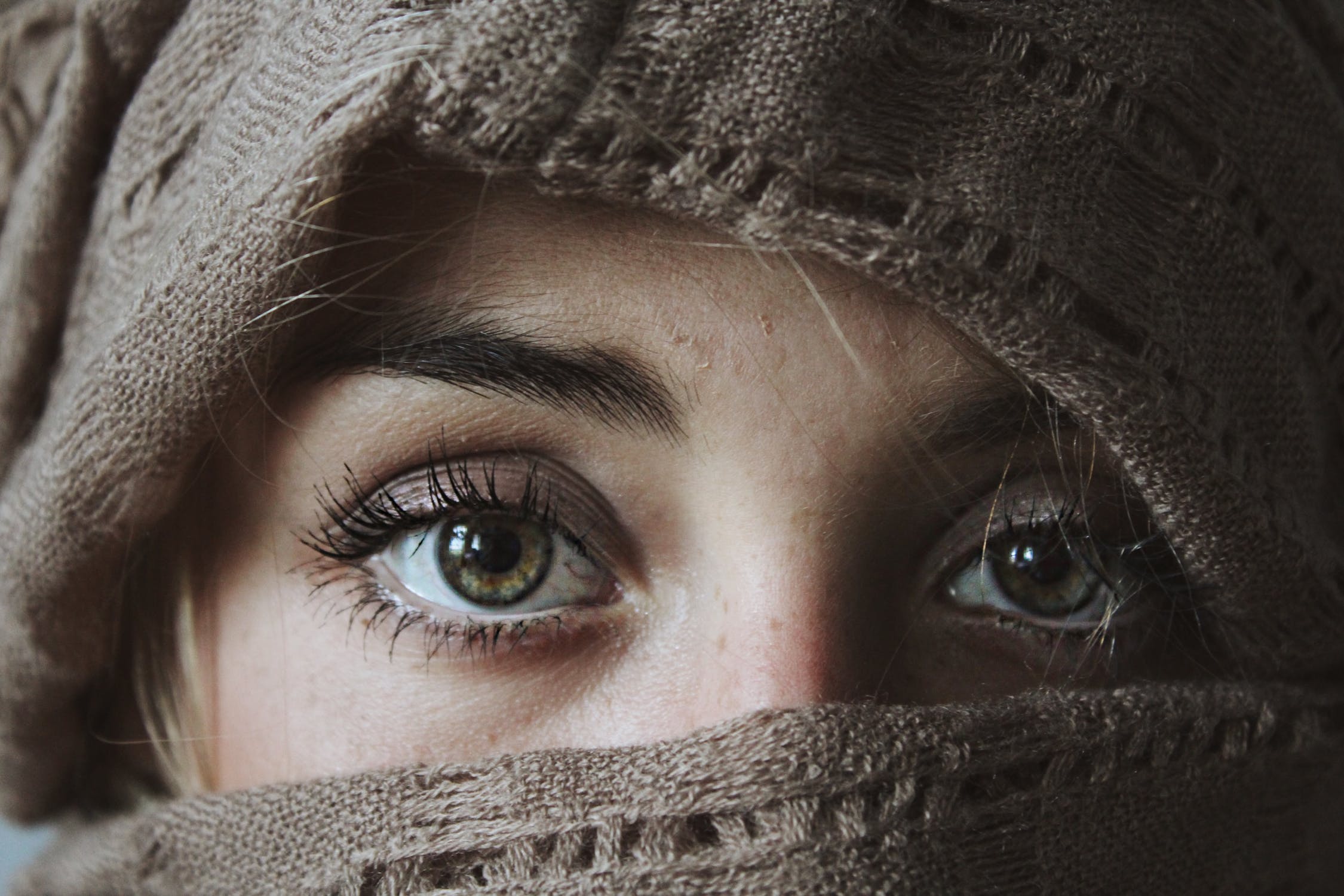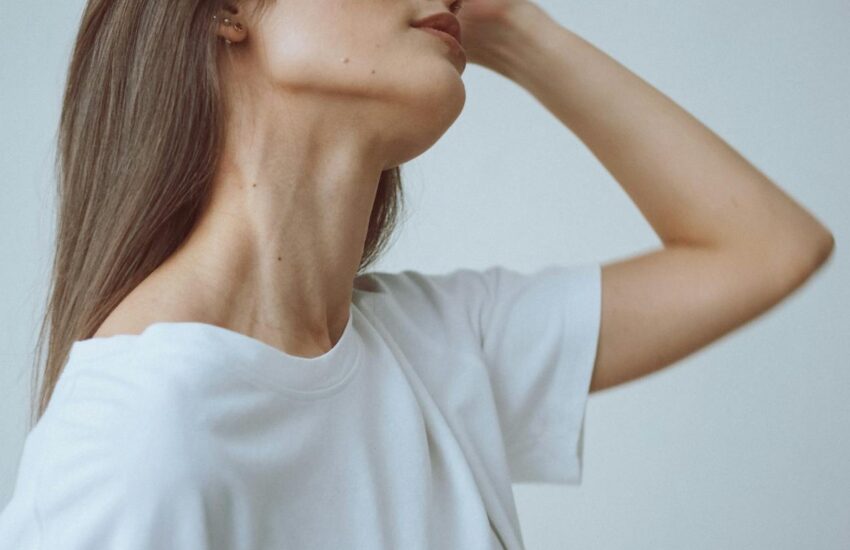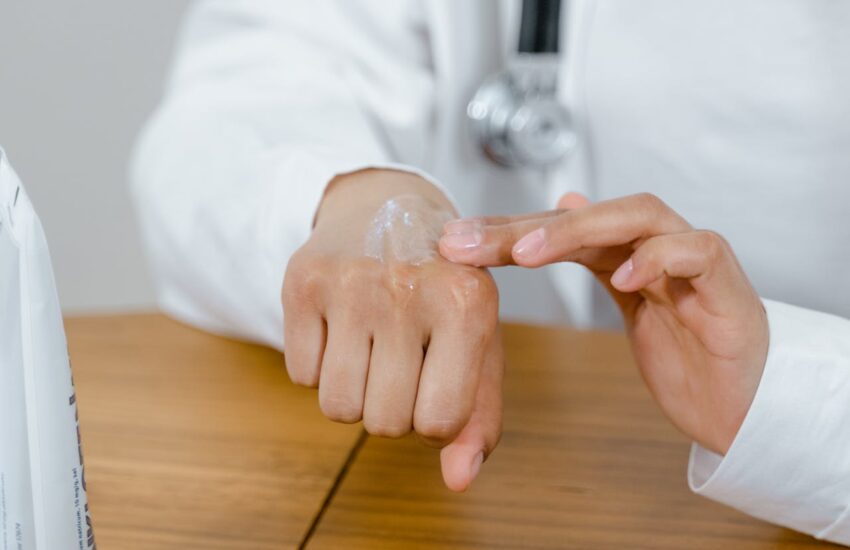Acne on Scalp are Irritating, but What Can You Do?
The good news is that acne on the scalp is non-noticeable. No one can see them. But the bad news is that they annoying, irritating, and say whatever other adjective you want to say about them. Not only they are annoying, but pimples and acne on your scalp can make it harder for you to style your hair. And because of your hair, they are harder to treat.
So, with that in mind, the main question you should ask is what can you do? Are left helpless? Or is there some remedy you can try and use? You have to look at the root of the problem. And in terms of scalp acne, the main cause is oil that get stuck in the hair follicles. Same as with your face, when excess oil and dead skin cells accumulate, they clog hair follicles/skin pores and turn into pimples.
At one point or another in life, everyone has to deal with pimples, be it on the face, scalp, or anywhere else on your body. Zits or scalp acne are incredibly common. And unlike with your facial skin, you cannot count on spot treatment.
How to treat scalp acne?
The first thing you need to do once you start experiencing scalp acne is treat them. For immediate relief, you can use an antimicrobial scalp toner. Apply it directly to your pimples and the surrounding area. Use a cotton wool ball to do so. When you are looking for a good toner, look for one that has ingredients like witch hazel, piroctone olamine, and other bacteria-fighting ingredients. After all, your goal is to eliminate bacteria and dry out the area, but without irritating the area.
Just remember, do not pick the pimples. That can cause even more problems, like an infection.
How to prevent scalp acne?
The best treatment for any condition is prevention. The same applies for scalp acne. And for your scalp pimple fighting routine, you want to use the right shampoo. If you regularly have pimples, you might want to try shampoo for scalp acne.
Generally speaking, you want to use an antimicrobial shampoo. This will help you get rid of all the excess oil and bacteria that is clogging your hair follicles and causing scalp breakouts. When you apply shampoo and wash your hair, you also remove dead skin cells. Simply put, you need to apply the same logic for scalp acne as for facial acne.
Do not just rinse your hair with water. While that is good for everyday regular routine, it will not help you get rid of excess oil and dead skin cells. Now, while we say shampooing your hair, we do not mean on a daily basis. That can dry your scalp and hair, and cause even more oil production. It is best that you shampoo your hair 3 times per week, which means every other day. If you have dry hair, go for two times per week.
More importantly, cut back on dry shampoo, as it does not cleanse your scalp of oils. Dry shampoo does not help when you have scalp acne.
Do not forget to exfoliate
Exfoliation is a process that involves removal of the oldest dead skin cells on the skin’s outermost surface. Exfoliation can be achieved by chemical or mechanical means. But anyway you do it, it is great when you have scalp acne.
If you are prone to pimples on your scalp, try using an exfoliating mask at least once per week. This will help you further eliminate dead skin cells, and remove excess oil, dirt, and debris from your scalp.
When applying an exfoliating mask, start by making small parts in your hair every inch or so. Apply the mask, and then ensure you are covering your entire head. Firmly, but gently massage the mask into your scalp for a few minutes. Cover with a shower cap, and leave the mask for 20 minutes. After that, apply shampoo and conditioner. We leave it up to you to choose a scalp exfoliating mask that you want.
Should you see a doctor?
If all else fails, we recommend talking with your dermatologist. Your scalp might get red, inflamed, or very tender. And if God forbids you notice bleeding on your scalp, or you have large, painful, and raised acne lesions, seeing a dermatologist is a must.
If the condition is too severe, your dermatologist will recommend prescription products and antibiotics. As a last resort, some dermatologists recommend injecting the pimple with cortisone. This will help you clear the skin within one day. For long-term management of severe cases, dermatologists also recommend oral antibiotics and probiotics.
But in most cases, shampoo for acne and an exfoliating mask will do the trick.



Informative post!
But i want to know about natural baby pimple treatment
Exfoliating is one of the best and effective ways to deal with most of the skin problems including acne and zits.
Informative content!!!!
This is really important for the person who don’t realize the sector. But i want to know about teenager pimple treatment.
Interesting !! Now I can easily solve my scalp acne problem after reading this article. Thank you very much for providing this article.
I would like to add that you should be careful to pat dry face, and not rub it dry. If you rub your face you can cause a lot of irritation, leading to more outbreaks. Also, if you are cleaning your face regularly and you are not seeing improvement, try to find gentler soap. Switch to a soap specifically made for acne control to avoid harsh soaps.